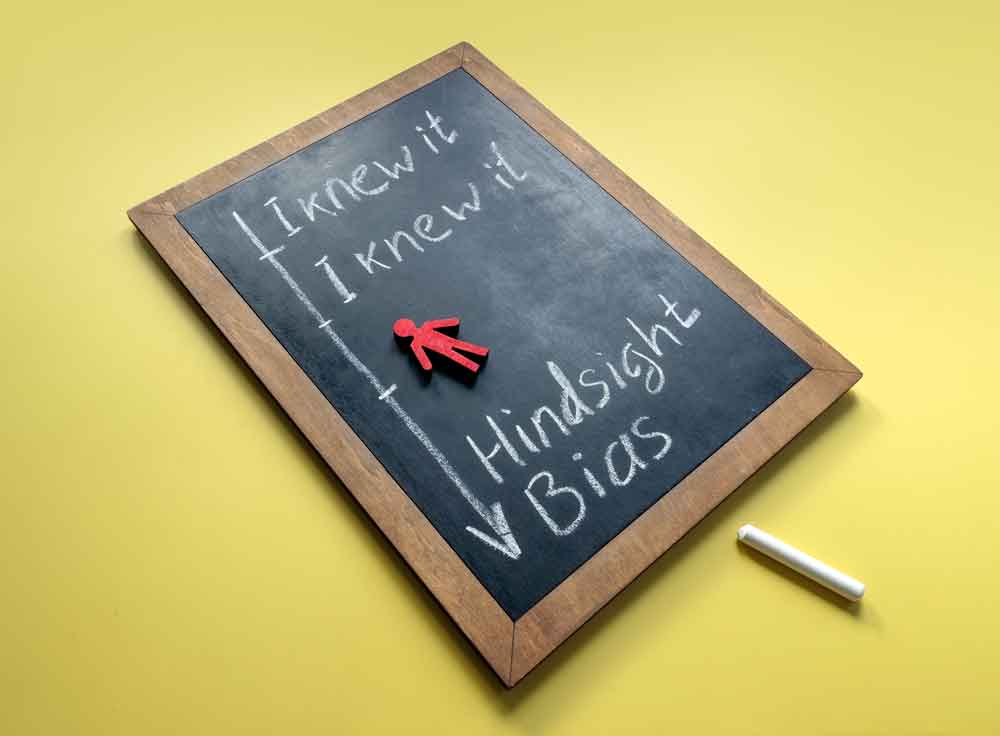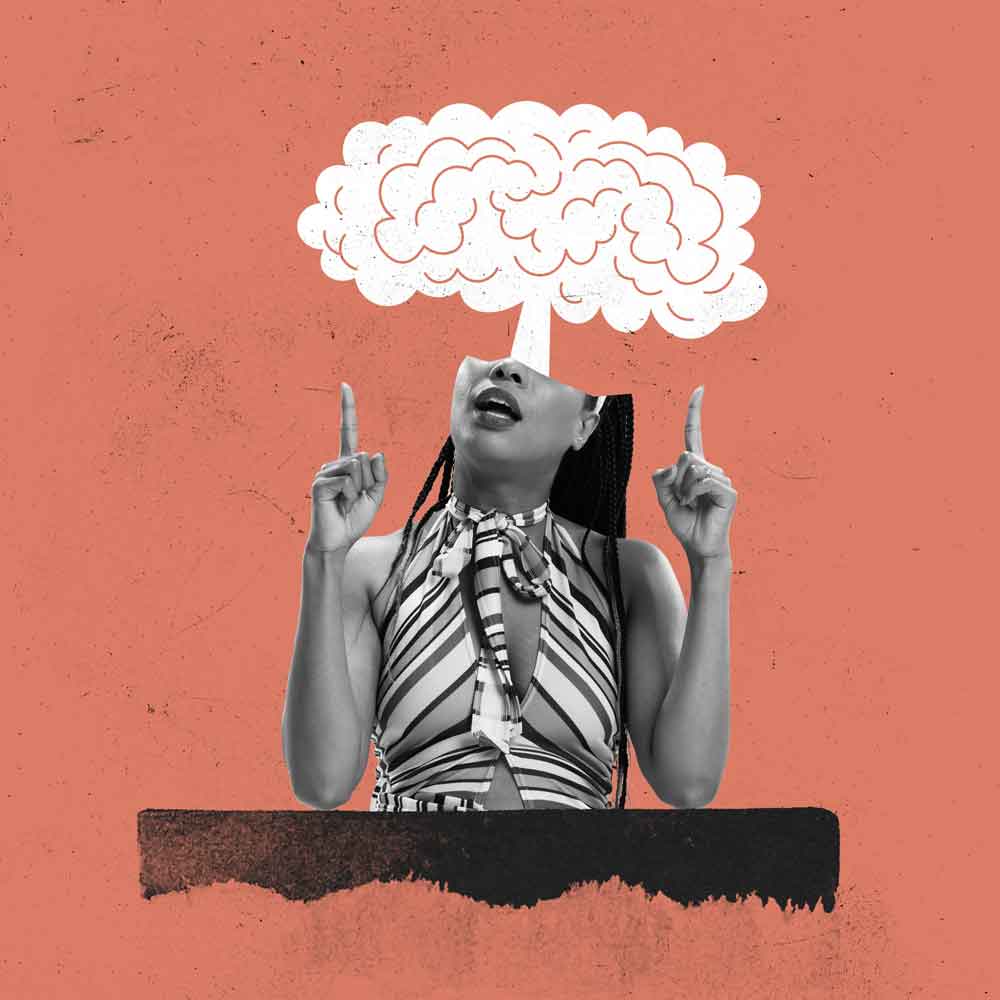Hindsight bias, also known as the ’I knew it all along‘ phenomenon, is a fascinating psychological quirk that plagues our ability to accurately assess our own foresight. It's that feeling you get when an outcome seems obvious after it has occurred, leading you to believe that you could have predicted it beforehand.

What Causes Hindsight Bias?
Our brains are wired to find patterns and make sense of things, so when we look back at events, we tweak our memories to fit what happened. We simplify stuff too much, forgetting how uncertain things were before the occurrence. This makes us believe that we knew what would happen - even if that may not be entirely true.
When we look back on past events, our brains tend to reorganise and reinterpret the information available to fit the outcome we now know. This selective recall makes us believe that we knew the outcome was inevitable all along, even when the evidence suggests otherwise.
We often overlook the uncertainties and complexities that were present before the outcome became clear, leading us to oversimplify the decision-making process and inflate our sense of foresight.
While hindsight bias has been observed throughout human history, psychologists began formally studying and describing the phenomenon in the 1970s. They initially explored errors in the human decision-making processes. Early experiments involved asking individuals to make predictions about trivia or political elections and later recalling those predictions. Hindsight bias became apparent when participants exaggerated the accuracy of their initial predictions. Further research into the origins and effects of hindsight bias revealed its widespread nature and th challenging aspects to circumvent. It affects people of all ages, genders, and cultural backgrounds and arises in various situations.

How To Avoid Hindsight Bias
To dodge this bias, try these simple tips.
· Admit we don't know everything: The future is fuzzy, and lots of stuff can happen. Accepting this can help us stay open-minded.
· Stick to the facts: Instead of relying on your gut feeling, use solid facts to make judgments. Don't oversimplify what happened.
· Think about other outcomes: Imagine what else could have happened. This helps us see how uncertain things were.
· Reflect on decisions: Look back at how you made decisions before you knew what would happen. Did you consider everything? Learning from this can make us better at deciding things in the future.

Examples Of Hindsight Bias
Hindsight bias pops up in everyday life in various situations
• Investing: After a particular stock goes up or down, we may believe that we knew it would turn out this way. However, we tend to forget about the risks and uncertainties.
• History: People might think historical events were predictable, ignoring the uncertainties at the time.
• Science: Scientists may feel that they knew how important their discoveries were from the start, forgetting about the process of trial and error.
Hindsight bias is a tricky emotion to navigate, but understanding it can help us make better decisions and see things more clearly.